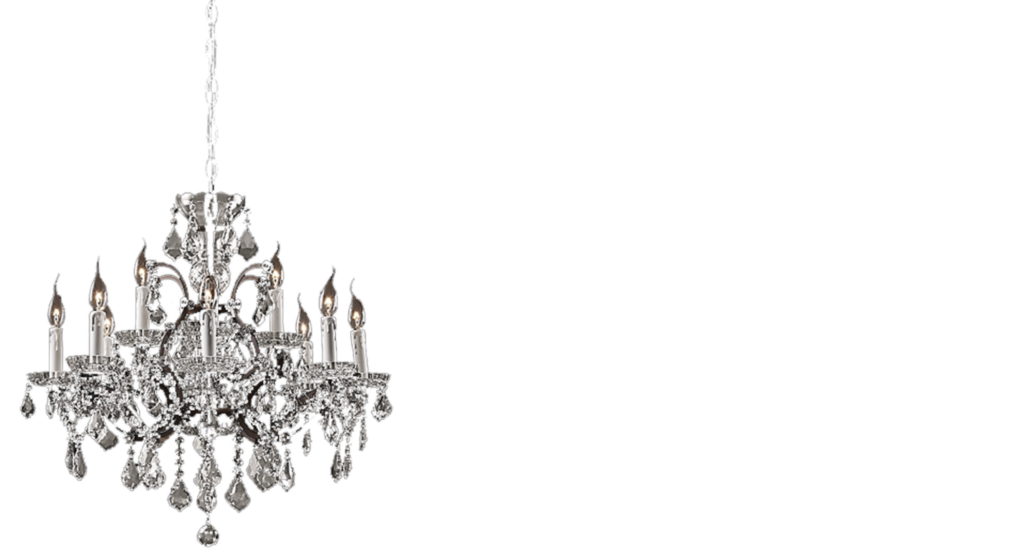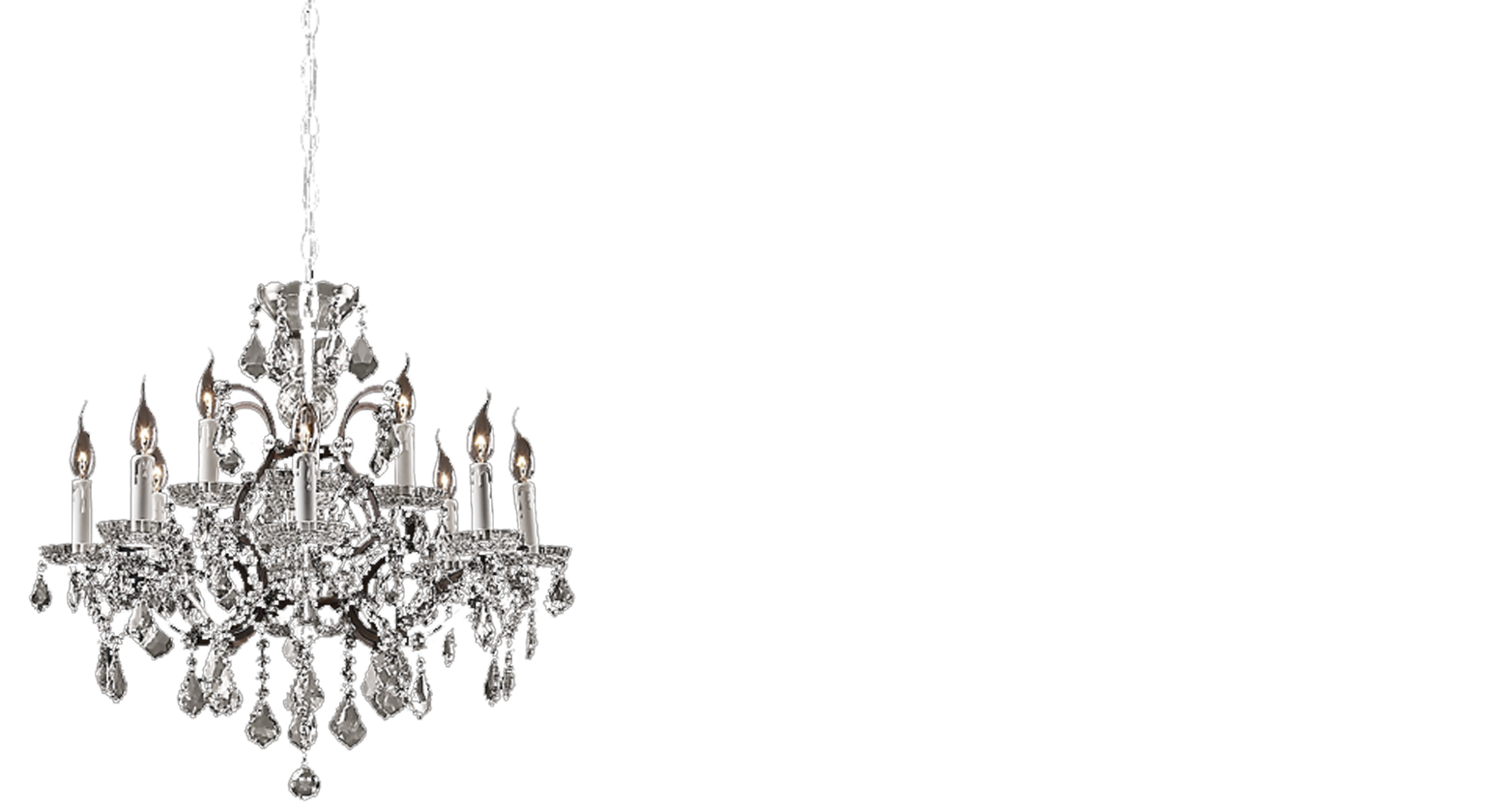Psychiatry plays a vital role in the treatment of depression, but it’s important to recognize that not all patients respond to traditional antidepressant medications or psychotherapy. When individuals continue to experience depressive symptoms despite trying multiple interventions, they may be diagnosed with treatment-resistant depression (TRD). This condition affects a significant percentage of those with major depressive disorder, and it often requires a more tailored, multimodal approach involving evidence-based strategies beyond standard oral antidepressants like SSRIs or SNRIs.
While psychiatry is essential in diagnosing, managing, and adjusting care for complex mood disorders, TRD highlights the limitations of conventional treatments. In such cases, psychiatrists may explore augmentation strategies—such as adding antipsychotics like aripiprazole, quetiapine, or olanzapine—or recommend newer interventions like transcranial magnetic stimulation (TMS), esketamine nasal spray, or even electroconvulsive therapy (ECT). Psychiatry does work—but in cases of severe depression or unipolar depression with suicidal ideation, it often needs to be combined with advanced or alternative treatments for truly effective treatment outcomes.
Definition of Treatment-Resistant Depression
Treatment-resistant depression (TRD) is a form of major depressive disorder in which individuals do not respond adequately to at least two different antidepressant medications taken at the proper dose and duration. Despite standard care, including psychotherapy, SSRIs, SNRIs, or other classes of antidepressants, people with TRD continue to experience persistent depressive symptoms that interfere with daily functioning. This condition often requires more intensive or innovative treatment options, such as esketamine, TMS, ECT, or other evidence-based interventions supported by clinical trials in psychiatry and neuroscience.
How Does Treatment-Resistant Depression Develop?
Treatment-resistant depression (TRD) can develop for a variety of reasons, often due to a complex interaction between biological, psychological, and environmental risk factors. In some cases, individuals may have major depression that is misdiagnosed or co-occurs with other conditions such as bipolar disorder, personality disorder, or substance use disorder, which can interfere with treatment efficacy. Chronic stress, trauma, and genetic predispositions may also influence how the brain’s neurotransmitters, like serotonin, dopamine, and norepinephrine, function—making standard antidepressant medications less effective.
Additionally, repeated depressive episodes can change the brain’s responsiveness to oral antidepressants, especially in patients who have not responded to previous treatments like SSRIs or SNRIs. As the disorder progresses, certain biological systems—such as thyroid function or neural circuitry—may become more dysregulated, making the depression more resistant. In clinical practice, psychiatrists often consider TRD after at least two failed treatment trials and may explore advanced modalities like esketamine nasal spray, TMS, or augmentation strategies to improve outcomes.
Can Psychiatry Work for TRD?
Yes, psychiatry can be highly effective in managing treatment-resistant depression (TRD)—but it often requires a more specialized and individualized approach. Traditional oral antidepressants, such as SSRIs, SNRIs, or medications like fluoxetine, may not be enough on their own. However, psychiatrists can explore a variety of evidence-based strategies including augmentation with antipsychotics like aripiprazole or olanzapine, or combining medications with psychotherapy techniques like cognitive behavioral therapy to improve treatment outcomes.
Alternative Treatments from Psychiatry for TRD
For individuals with treatment-resistant depression (TRD) who haven’t found relief through traditional antidepressant medications, psychiatry offers several advanced and FDA-approved alternatives. These treatments target the brain through innovative methods rooted in neuroscience, aiming to restore healthy neurotransmitter function and reduce severe depressive symptoms. Below are some of the most promising evidence-based interventions currently available:
Transcranial Magnetic Stimulation (TMS)
TMS, also referred to as repetitive transcranial magnetic stimulation (rTMS), is a non-invasive procedure that uses magnetic pulses to stimulate underactive areas of the brain involved in mood disorders. Often recommended when multiple oral antidepressants have failed, TMS is performed in an outpatient setting with minimal side effects. It has become a leading option in clinical practice due to its strong safety profile and measurable effectiveness in reducing depressive episodes.
Spravato (Esketamine) Treatment
Spravato, the brand name for esketamine nasal spray, is an innovative treatment derived from ketamine, a well-known anesthetic and rapidly acting antidepressant. Unlike traditional medications that target serotonin or norepinephrine, esketamine works on the glutamate system, offering fast relief—often within hours—for those with severe depression or suicidal thoughts. Administered under supervision in a certified psychiatry clinic, Spravato is FDA-approved specifically for TRD and is reshaping the way clinicians approach difficult-to-treat cases.
Electroconvulsive Therapy (ECT)
Despite outdated stigmas, ECT remains one of the most effective treatments for major depressive disorder, particularly when accompanied by suicidal ideation or psychosis. ECT involves controlled electrical stimulation under anesthesia to induce brief seizures that can “reset” brain activity. It’s often used when other treatments have failed and is supported by decades of clinical trials. While side effects like temporary memory loss can occur, many patients experience significant improvements in mood and function.
Vagus Nerve Stimulation (VNS)
VNS is a neuromodulation therapy that involves implanting a device under the skin to deliver mild electrical pulses to the vagus nerve, which connects the brain to the body. Though less common than other options, vagus nerve stimulation has shown promise in helping individuals with chronic, unipolar depression who haven’t responded to medication or psychotherapy. Approved for TRD in specific cases, VNS highlights how psychiatry continues to evolve to meet the needs of patients with persistent and complex depressive disorders.
How We Handle Treatment-Resistant Depression
At Luxury Psychiatry Clinic, we take a personalized, evidence-based approach to treating treatment-resistant depression (TRD). Our experienced team of mental health professionals understands that no two patients are alike, which is why we collaborate closely with each individual to develop a customized treatment plan. This often involves a thoughtful combination of psychotherapy and carefully selected antidepressant medications, including options from various classes of antidepressants like SSRIs, SNRIs, or augmentation with antipsychotics such as aripiprazole or quetiapine.
In cases where patients have not responded to traditional treatments, we offer advanced interventions such as Spravato (esketamine nasal spray) and transcranial magnetic stimulation (TMS). These treatments are available during standard hours and also on weekends and evenings to accommodate diverse schedules. Our providers focus on medication optimization, using the latest in clinical practice and neuroscience to adjust dosages, explore alternative medications, and monitor side effects closely—ensuring that patients receive the most effective treatment possible in a supportive outpatient setting.
Schedule Your Consultation Today
If you or a loved one is struggling with treatment-resistant depression, the team at Luxury Psychiatry Clinic is here to help. Our experienced providers specialize in treating complex mood disorders using a combination of advanced psychiatric care, personalized therapy, and cutting-edge interventions like Spravato and TMS. Whether you’ve tried multiple antidepressants without success or are exploring new treatment options for the first time, we’re committed to helping you find an approach that works.
Don’t settle for feeling stuck. Take the next step toward lasting relief by scheduling your consultation today through our website.
